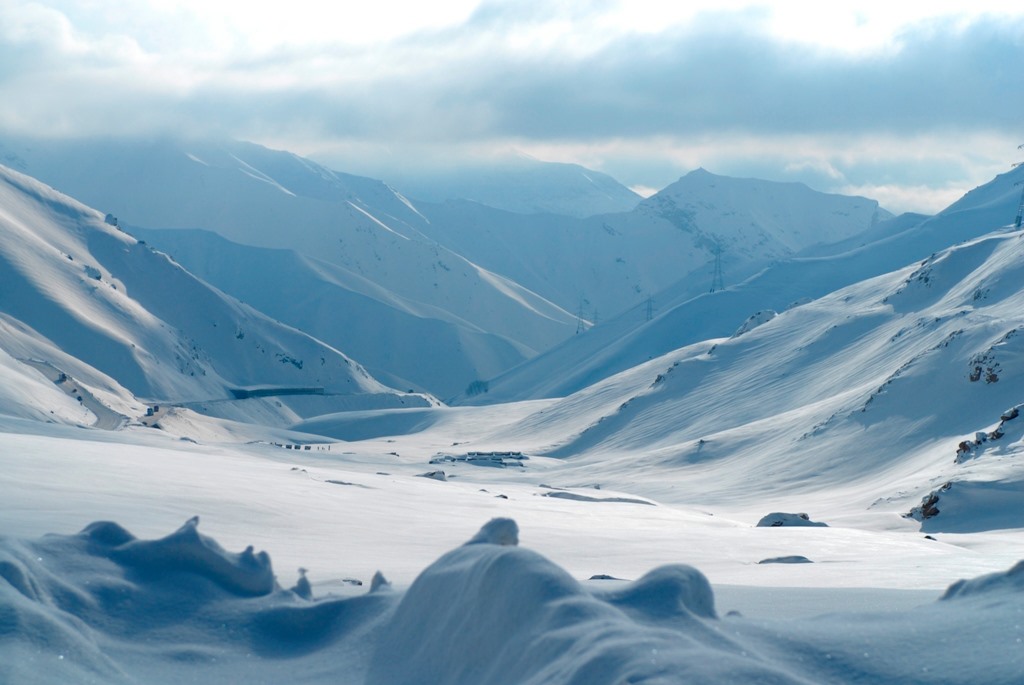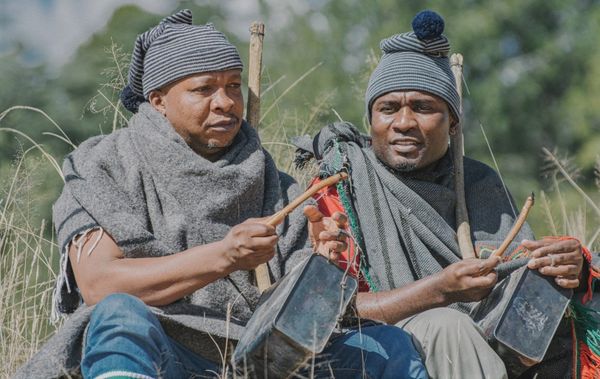Molefi Seroke and Mojalefa Hlapane, Chemical Technology students at the National University of Lesotho (NUL), have come up with a very high-quality dishwashing liquid. Laboratory tests show that the liquid is of the same quality as some of the most widely used brands imported from South Africa. The two scientists now need someone who can partner with them with his/her land to start a cooperative factory that will also make pine gel and other detergents.
If you want to partner with these dudes with your land, contact them here: +266 58661605/+266 58332453. The land must be in Maseru or around. It must have access to water and electricity. It does not necessarily have to be a big land.
A dishwashing liquid is as common as the air we breathe. That’s because, well, who doesn’t do dishes? “But then, we don’t make them here in Lesotho, and those that exist at all leave a lot to be desired,” said the fearsome twosome. “We need Lesotho brand as soon as possible.”
______
Milco is a store that will sell ONLY made in Lesotho products: https://milco.co.ls/Member_register/
This is how it all started.
When you are a student of Chemical Technology at the National University of Lesotho (NUL), you are expected to go for an attachment in your fifth year. There is a plenty of chemically related industries to choose from for the attachment. “But we chose to be attached at the NUL Innovation Hub.”
When you are attached at the Hub, you are less likely to come out with a bit more money than you entered with but when it comes to the experience of getting things done, you will surely walk away with tons of it. That’s exactly what these guys found out. There is a reason. At the hub, you are given freedom to develop products you like, in the way you like.
That’s the bedrock of innovation.
Freedom to experiment!
Just when they started working at the hub, they were immediately requested to enter the labs. Seroke was requested to develop a highly moisturizing body cream. Hlapane worked on developing and testing cladding panels. However, in the meantime, they could pursue other products of their choice.
They did.
“When we entered the labs, we noticed something funny,” they said. “There was a lack of detergents to wash laboratory glassware and equipment when we finished using them. We reported the matter and when the detergents were being bought, we figured out a temporary solution.”
“We made our own washing liquids using the chemicals we found in the laboratories.”
It was a brilliant move.
That experience alone brought up the passions they didn’t know they had. So they decided they would start making washing materials. “We contacted our academic supervisor to share our wish. We were specifically interested in soaps rather than detergents.”
Here is how to know if something is soap or detergent. Both are used for washing but if the water used has a lot of “salt”, soap will form a “scum”, that thing which makes the water looks dirtier than it really is.
Detergents form scum.
Soaps are normally used as skin products, usually for bathing, while detergents are used for washing other things such as dishes and clothes.
“Our academic supervisor advised us against the making of soap, at least for a start,” they said. “Soaps are a bit more complex to produce at large scale compared to detergents. He took us through the processes and it immediately made sense.”
So they went for detergents!
Which would they be?
How about a dish-washing liquid?
They started exploring the two. At one point, they scanned through the shops in Maseru and Roma for local and international dishwashing liquids. As they tested them, a pattern began to emerge. Local liquids were of poorer quality than the imported ones. “We went through a number of properties and came to the conclusion that the few local liquids did not live up to what was expected of them.”
It was not surprising, then, that the imported dishwashing liquids from South Africa were still reigning free in Lesotho.
Then they plotted a revolution.
They were determined to start making their own dishwashing liquid that would either match or even be better than the imported ones.
“When it comes to detergents, you don’t just wake up and start doing them. You really need to understand the chemistry behind what they are and how they do the washing.” So they used their own money to purchase raw materials from South Africa. For full six months, they were holed up in the lab, doing everything possible to make the best product possible.
In the end, they got there.
They tested their products against the imported ones and they were happy. It was competing! Now they are in the process of forming a cooperative factory to produce the dishwashing liquids, along with a pine gel, which they developed concurrently.
______
Milco is a store that will sell ONLY made in Lesotho products: https://milco.co.ls/Member_register/


